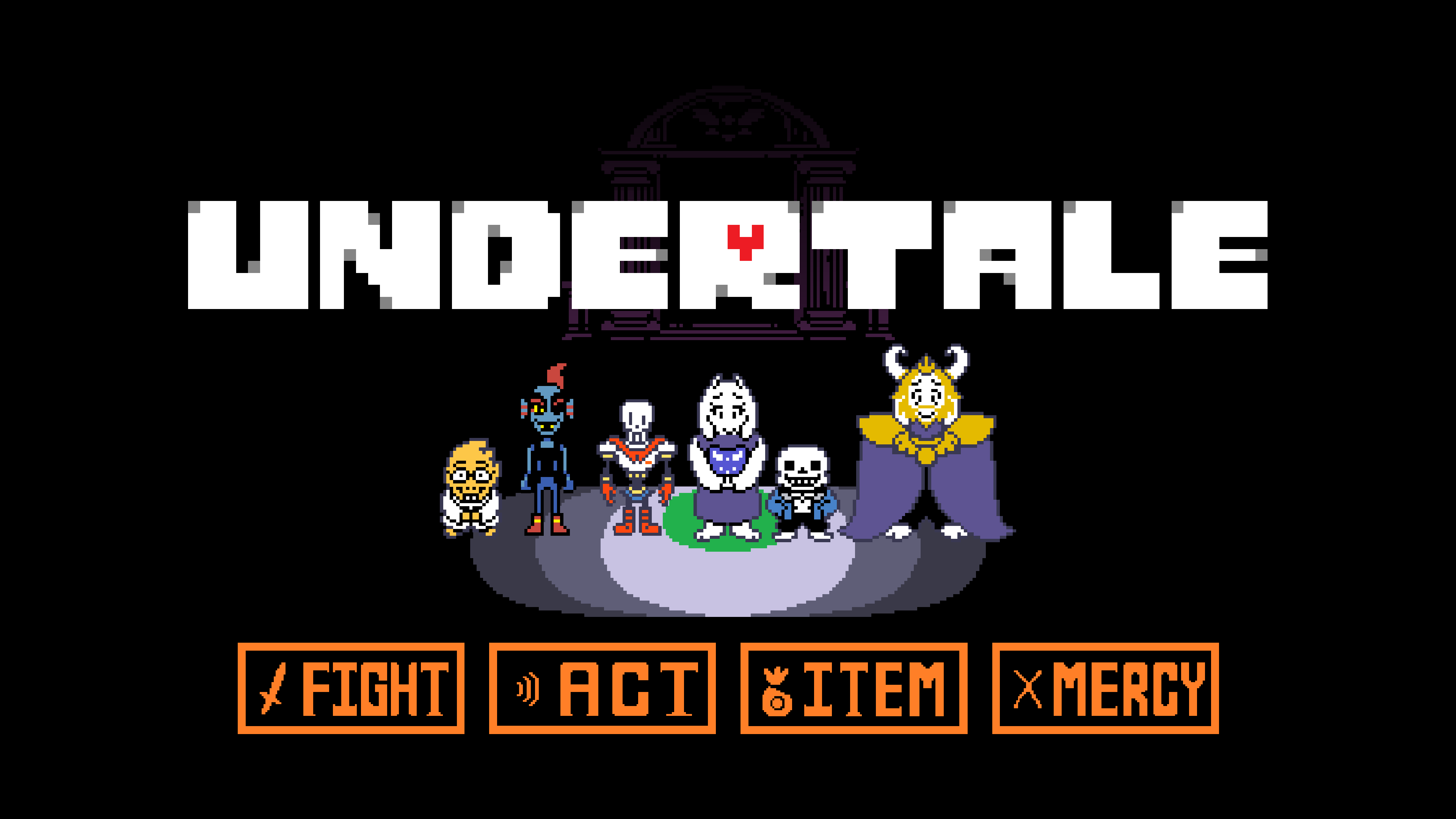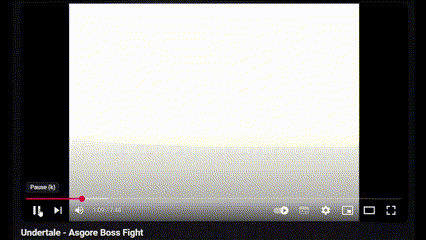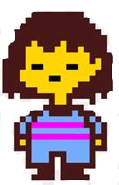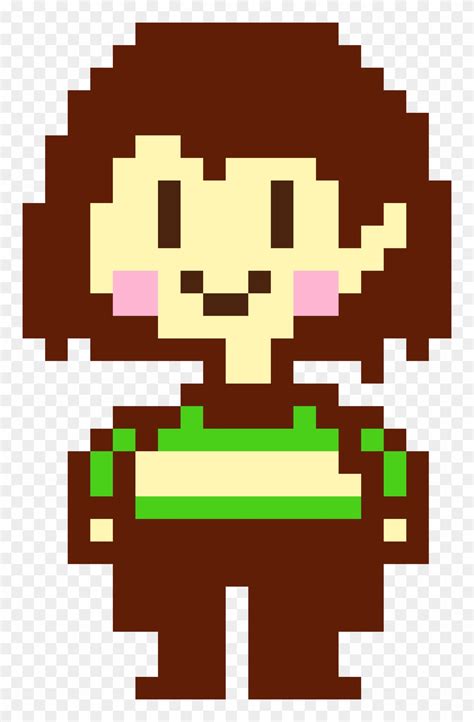Undertale : would you kill your friends ?
Undertale is an independent RPG released in 2015 by Toby Fox, and it is my favorite videogame of all time so be prepared for some nerd info dumping on this part (I promise it’s worth it).
Undertale is the story of a human (The Main character or MC) falling into the underground monster realm and having to go through it all to go back to the surface (the MC is not gendered and referred to with they/them pronouns). We then learn that humans have already fallen there before, 6 humans to be precise, and that the King kept their souls as 7 human souls as required to open the seal separating the monsters from the human world.

Undertale, Toby Fox, 2015
There are plenty of lets-play or lore explanations on YouTube if you want to learn more. I would recommend this one by Tristan RC (in french). It was of grand help in writing this part since here, I aim to talk solely about how the game plays with ‘realities’ and the fourth wall.
If you don’t know this game, you might not see what it is doing here. Well, throughout the game, the player is given the knowledge of its true power: having the choice. The choice to kill characters that could have developed affection for them and that they could have learn to love too, or to try and get out of confrontations without fighting. And this is what makes Undertale different from other RPGs.
In videogames, unless you are me facing a wolf in Assassin’s Creed, you barely ever question moral: like a good little soldier, if someone asks you to kill that monster, you execute orders. From creatures to human beings, if it is your quest then it should be done. Somehow, the choice is never given to you, if you don’t do as you are asked, the story will never continue, and you’ll never finish the game.
Undertale gives the choice to destroy an entire world and its inhabitants.
Every time you fight, your actions have consequences, but not like in Life is Strange, Detroit Becomes Human, Beyond Two Souls or even Until Dawn (wonderful games btw), where the game is programed to change your story depending on the choices you make, more like in real life : if you hurt people, you are going to feel bad because it is not moral, and your surrounding is going to remind you of what you did and its consequences.
There is no “don’ t kill people ‘cause it’s not cool” or “be nice and polite” moral, but more of a “be aware that your actions and your choices have an impact not only on your life but on those who are around you” general saying.
You CAN go around and kill everything that moves, but it would be YOUR choice since you don’t NEED to do so to finish the game.
In Undertale, every interface of the ‘game’ for the player, is the reality, the true vision, of the characters (ex: Asgore destroying the “mercy” button). You, the player, are considered as nothing more than a character. Unless…

King Asgore breaking the 'mercy' button.
Every time you save your game; you mark a point in time. If you die after that, you’ll come back to the last point you marked. So, if you killed someone, then quit the game and came back without saving, that person would still be alive. That’s how Save points works in every video game, yes, I know, but remember: EVERY interface of ‘game’ is the reality for the characters. So, what you just did is time travel, or even alternate timeline creation.
And the game remembers you: you could never do a ‘true pacifist’ run (kill absolutely no one) if you’ve ever did a ‘genocide’ run (kill absolutely everyone) because the characters remember what you did to them in the past/alternate realities, even if you delete your save. Same thing, if you run a ‘pacifist’ and then a ‘genocide’, be prepared to be reminded of the good ol’ time you spent together. You would need to delete the whole game in order to do that.
Once you understand all of that: that you get your mind around mercy, saving, your freedom of choice and action… You find out that you are not the one in charge, you never were, and all of your goodness and mercy… it was all for nothing. Because all along you were not who you thought you were.
(It is less cryptic than I’m making it sound)
You start the game and name your character: let’s name our character Chara ( t he o r igi n a l n a m e).
So, you play your game as Chara, right?
No. Chara is the name of another character, the 1st human to have fallen.
You, player, you are Frisk.

Frisk is neutral, as Frisk is you. You are making Frisk what you are. If you want to kill everyone, Frisk is violent. If you want to be pacifist, so is Frisk.
But Chara …

No matter what you choose, Chara is violent. Chara is Frisk’s shadow, their reflection in the mirror. Chara is hidden inside Frisk’s head. Every once and then, Chara makes a comment that the player won’t really notice at first, but once the player knows that Chara is there… It’s obvious.
If you chose to do a ‘pacifist run’ (kill no one), Chara is still going to propose you to delete this entire world at the end of your game. If you refuse… they are still going to delete everything.
Everything… but time itself.
Good thing you are a time traveler, right? Good thing you know how to save, and how to come back to those savings you made. You can go back in time and save everyone, save this universe.
Yes, it is ‘only’ a videogame, and fictional characters, but it hurts to see all that burst into… nothingness after hours of gameplay, after bonding with the characters. And that’s where it is interesting for me. Undertale forces you to realize how much you actually cared for them. The fourth wall is not broken by Chara, it’s not broken by the interfaces and references to our reality. The fourth wall breaks itself in our conscience when we realize that we care for the characters, their lives, their personalities, that we care if they live or die, if their world exists or not.
If you don’t believe me, just go play the game.
